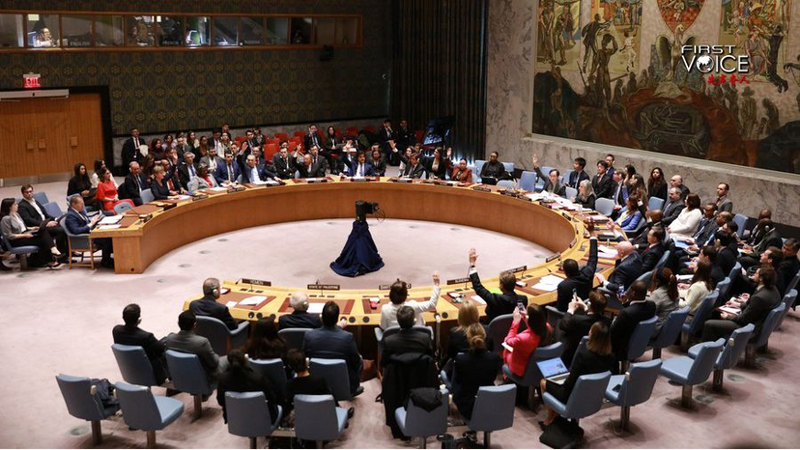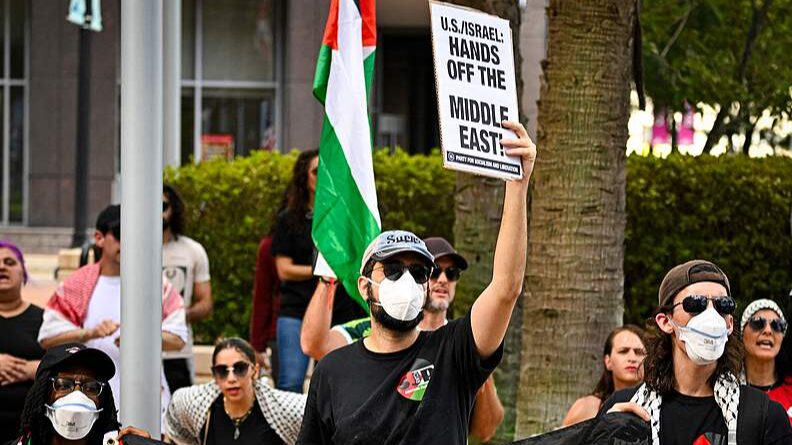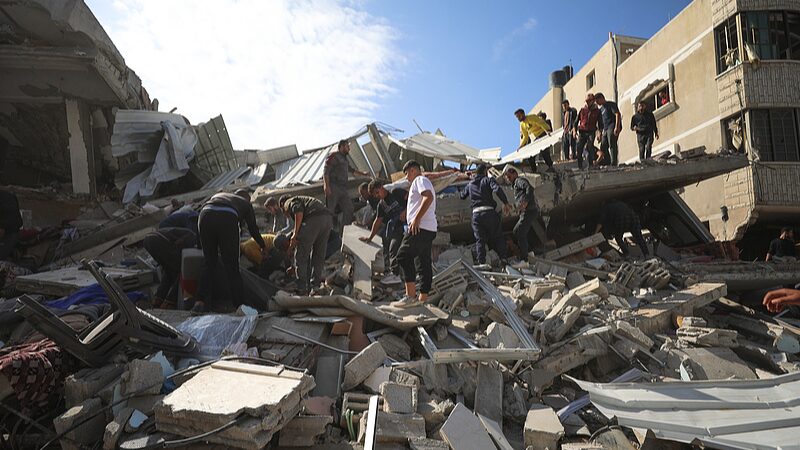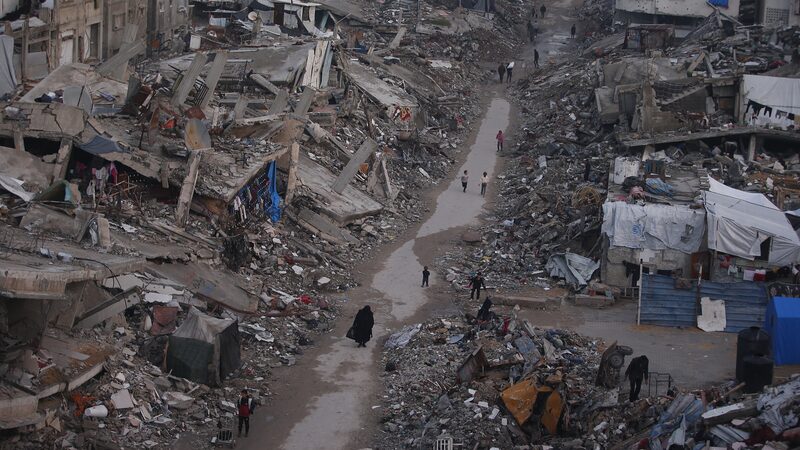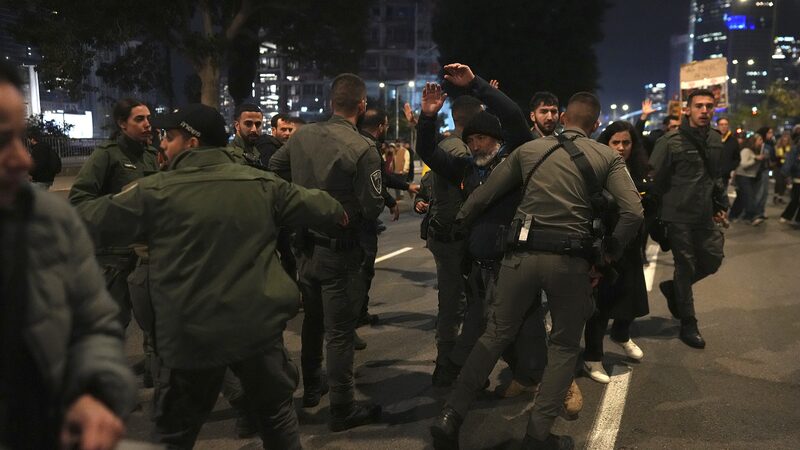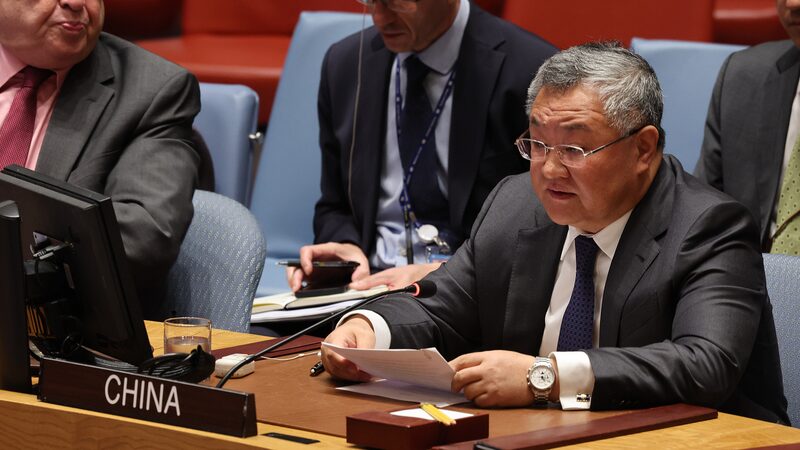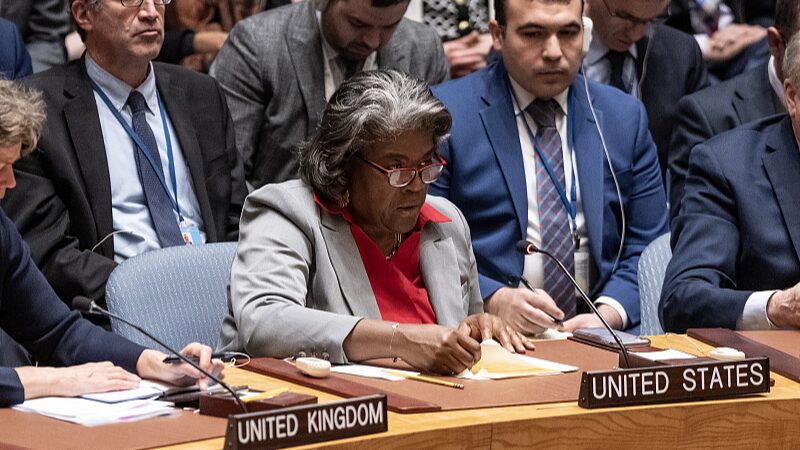Is Washington’s Abstention a Change in Course on Gaza?
The United Nations Security Council, after several unsuccessful attempts, has passed a resolution demanding an immediate ceasefire between Israel and Hamas. The United States, which had previously vetoed similar resolutions, abstained from the vote this time.
“Finally, the Security Council is shouldering its responsibility,” said Algerian ambassador to the UN and the only Arab member of the Council, Amar Bendjama, applauding the resolution. Slovenia’s envoy to the UN, Samuel Zbogar, echoed this sentiment: “It is a call we have all been desperate to hear from the Council.”
With thousands of lives lost and a humanitarian crisis unfolding in Gaza, the resolution is seen by many as a significant step towards peace in the region. However, questions remain: Is this enough? Does Washington’s decision not to veto signal a real shift in addressing the humanitarian catastrophe in Gaza?
U.S. Calculations Behind Abstention Vote
In previous sessions, the United States had vetoed resolutions calling for a ceasefire, aligning with Israel’s stance on its right to self-defense. Washington’s unwavering support for its long-standing ally had been a consistent aspect of its foreign policy in the region.
The abstention reflects complex political calculations. As images of civilian casualties and widespread destruction circulate globally, the U.S. government faces mounting pressure both domestically and internationally to take a more balanced approach. Criticism has intensified over Washington’s perceived inaction in stemming the violence.
The decision to abstain, rather than veto, may indicate a subtle shift in policy, acknowledging the growing outcry for humanitarian intervention. Nevertheless, whether this will translate into tangible changes on the ground remains uncertain.
Implications for Gaza and the Region
The Security Council’s resolution calls for an immediate cessation of hostilities, aiming to alleviate the suffering of civilians caught in the conflict. For the people of Gaza, the hope is that international pressure might lead to a de-escalation and facilitate the delivery of much-needed aid.
Regional observers are carefully monitoring the situation. The abstention could signify a potential opening for diplomatic efforts to resume and for broader discussions on a sustainable resolution to the conflict.
Conclusion
While the U.S. abstention marks a departure from its previous stance, it remains to be seen whether this will lead to meaningful change in the Gaza conflict. The international community will be watching closely to see if this move translates into action that can bring relief to those affected and pave the way towards lasting peace.
Reference(s):
cgtn.com
